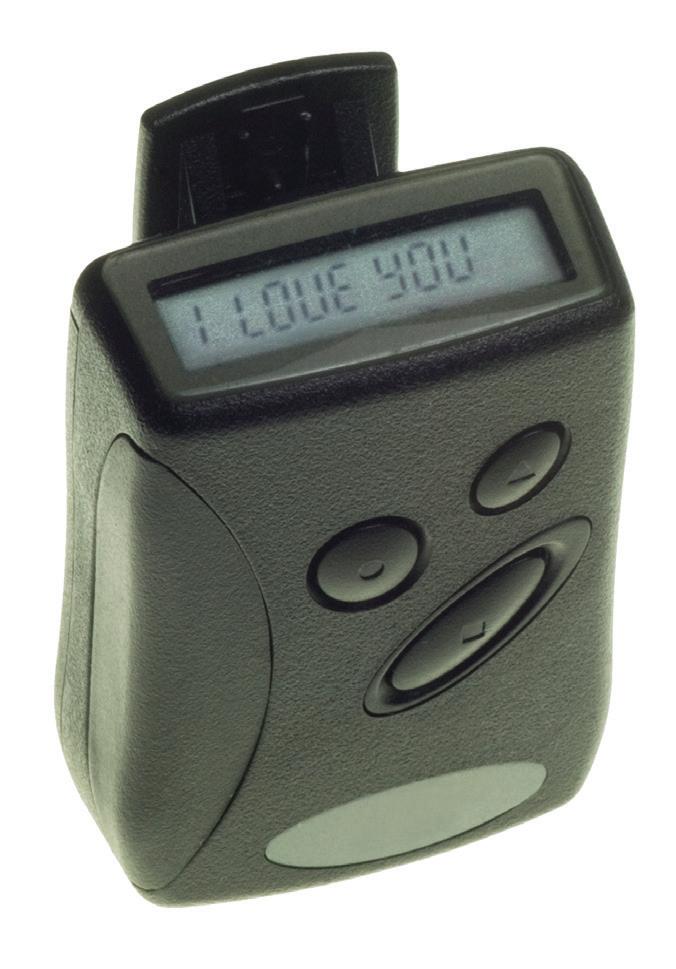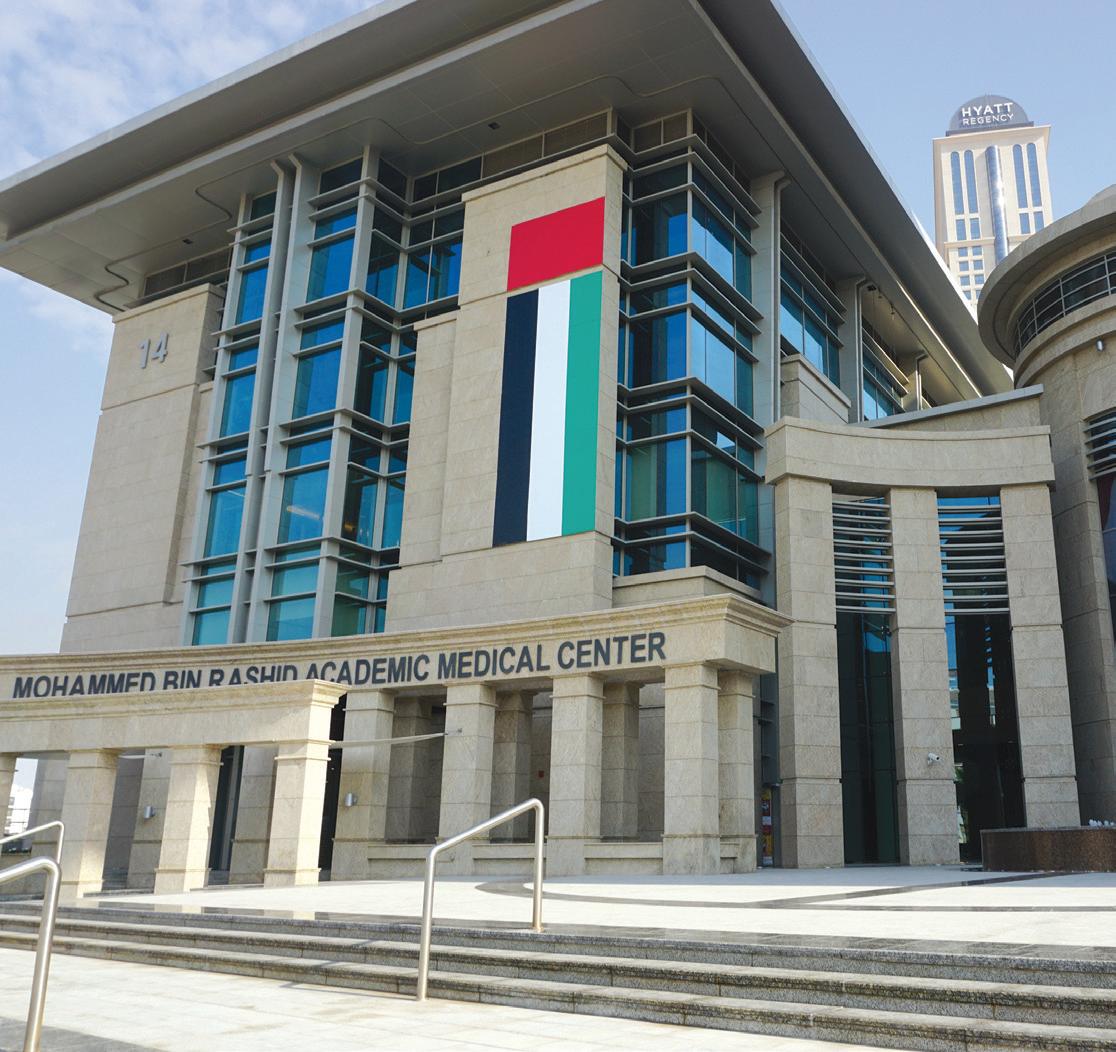Letters to the Editor
C HART N OT ES FRO M OUR READERS
One for the Books David Cameron’s engaging article, “On Speaking Terms” in the Summer 2014 issue of Harvard Medicine made it clear that although American English dialects are relatively homogeneous, there are still many words and phrases that can be problematic for physicians. Does “high blood” mean high blood pressure or high blood sugar? What does it mean to feel “donsie” or “pindling”? If a young woman “falls off the roof,” should you worry about a broken leg? How do you treat a “pumpknot” or a “runaround”? As a result of this article, Douglas Kelling ’72, and I have discussed stories of our encounters with regional medical language. We agree that a glossary of folk, regional, and old-fashioned terms for ailments, diseases, and body parts would be a useful resource for doctors who practice in a region other than the one in which they grew up. To that end, I am working toward the development of an application programming interface for the Dictionary of American Regional English (DARE), which would allow the creation of such an app for physicians.
In 1945, I was one of twelve women in my class. We were the first group of women to be admitted to the School, and it was evident that we were a new phenomenon.
with us. They often had lapses in recognizing a second gender in their midst. Most of the lectures in the first year, for example, began with the lecturer saying, “We will talk about this, gentlemen.” Members of the faculty had a hard time adjusting their behavior. In addition, there was no housing for us at Vanderbilt. I had studied at the School of Public Health before I entered HMS and had learned about a boarding house on Aspinwall Avenue. I told my female classmates about it, and six or seven of us lived there while in medical school. The twelve of us in that first class were aware that it was a privilege to be admitted to HMS. I imagine that awareness still holds for today’s students. I do wonder, however, whether the situation has improved for young women at HMS today. raquel cohen ’49 surfside, florida
raquel cohen ’49 surfside, florida
Like Fine Wine
While the information in DARE is wideranging, it is certainly not exhaustive. If readers of Harvard Medicine have examples of unfamiliar words they’ve encountered from patients, I would appreciate their passing them on to me for an eventual update of the DARE text and inclusion in a medical app. Please address correspondence to jdhall@wisc.edu. joan houston hall chief editor Dictionary of American Regional English madison, wisconsin
Making Space When I read “Structural Integrity” in the Winter 2015 issue of Harvard Medicine, I was surprised to learn that even as late as the 1970s, women were experiencing difficulties in their interactions with School faculty. When I entered medical school in 1945, I was one of twelve women in my class. We were the first group of women to be admitted to the School, and it was evident that we were a new phenomenon. Although faculty members were helpful and polite, they were confused and really didn’t know how to deal
I found the “Second Opinions” article on end-of-life care in the Winter 2015 issue of Harvard Medicine to be a welcome discussion on the importance of listening and giving due to patients, regardless of age or infirmity. My satisfaction with the piece and its content may have been heightened by my having recently read an article in which the author, a physician, said he’d prefer to die at age 75 than live to age 90. As an octogenarian, I was more than a little outraged; as a researcher who studies the facets of aging, I was disturbed; but as a physician and a member of society, I was disappointed. Once again, the entrenched concepts of aging were presented with fear and loathing. When I was 57, I applied to the National Institute on Aging (NIA) for a grant that would support the Harvard Grant Study, part of the Study of Adult Development at HMS, an unprecedented longitudinal study that has followed a group of Harvard men from their undergraduate days in the late 1930s and early 1940s. The men were about 65 years old when I applied for the funding; I proposed charting their lives until their deaths. In my youthful ignorance, I believed that the men’s fiery days were long over but that it would perhaps be instructive to watch the last of the flames peter out. continued on page 4
harvard medicine ~ spring 2015 3
02-04 Dean.Letters_4.07.indd 3
5/8/15 11:13 AM












